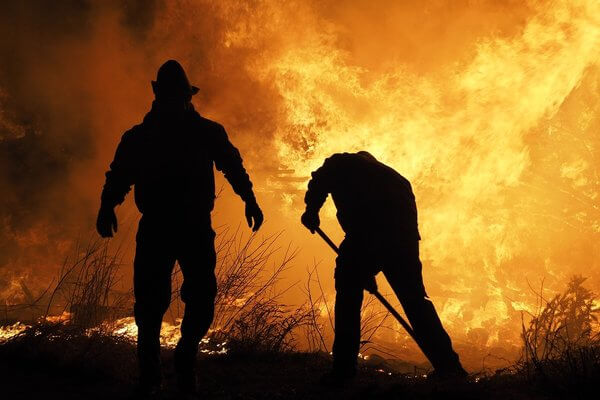News Release from windfair.net
Wind Industry Profile of
The myth of expensive climate protection
The thesis is: If everything remains as it is now, there would be no need to charge taxpayers additional money for environmental protection measures. On the other hand, the election program of the Greens with the many reconstruction measures for the energy transition and against climate change is not financeable and characterized by prohibitions, thus an interference into citizens' liberties and a grip into consumers' wallets.
This argumentation has a long tradition: Renewable energies were also once accused of being far too expensive, not technically mature, and that a conversion to this form of electricity production was not feasible for an industrialized country like Germany. Some even foresaw a reversion to the Middle Ages, with Germans sitting in the dark in the evenings with candles because of power failures or shortages.
As we can see today, none of this has happened, even though the proportion of green electricity in Germany averages more than 45 percent, and on some days is even much higher. No one is sitting in the dark.

Extreme weather events are also increasing in our latitudes (Image: Pixabay).
Even skeptics can no longer deny that climate change is in full swing. This has been proven once again by the extreme weather events that occurred around the world in recent months like forest fires in Australia, extreme cold in the US, hurricanes in the Caribbean and extreme heat in Europe. And with the floods in the regions of Nordrhein-Westfalen and Rheinland-Pfalz this summer, Germany has also been badly affected. So there is really no longer any question of the idea of "business as usual."
The question of financing remains. How often can a state afford to provide billions for reconstruction? Can farmers be compensated for their crop losses every year? What about the forest owners who are being deprived of their livelihoods by the bark beetle? What about the tourism industry, which has been hit by disasters around the world?
Economists have long been trying to determine the costs of climate change. As Süddeutsche Zeitung reports, researchers led by Jarmo Kikstra of the International Institute for Applied Systems Analysis (IIASA) have now come to the conclusion in the journal Environmental Research Letters that previous calculations were far too low. Until now, the global gross national product was expected to become six to seven percent lower by 2100, based on a scenario that assumes average warming.
In reality, climate change will be around six times as expensive by 2100: At the end of the century, the global gross national product would be around 37 percent lower as a result of climate damage than without man-made climate change. And at the moment, humanity is still a long way from even the average scenario.
Full speed ahead to catastrophe? It is still up to people, e.g. with pen on election day.
- Author:
- Katrin Radtke
- Email:
- press@windfair.net
- Keywords:
- climate change, Germany, elections, Greens, program, climate protection, measures, thesis, renewable energy
























